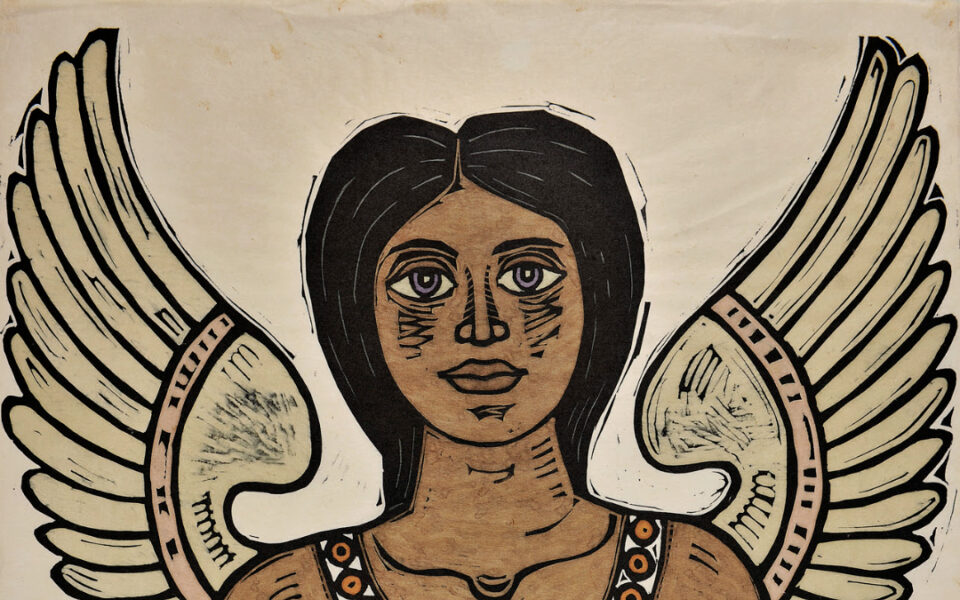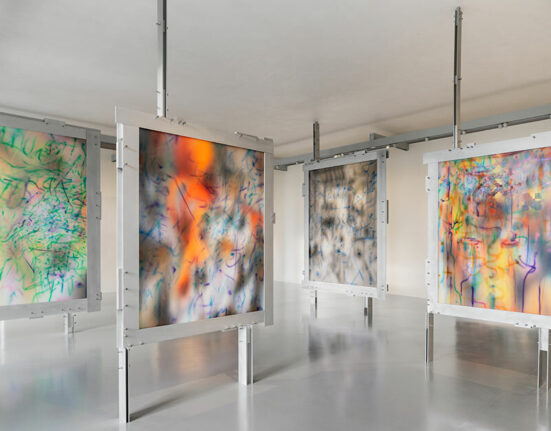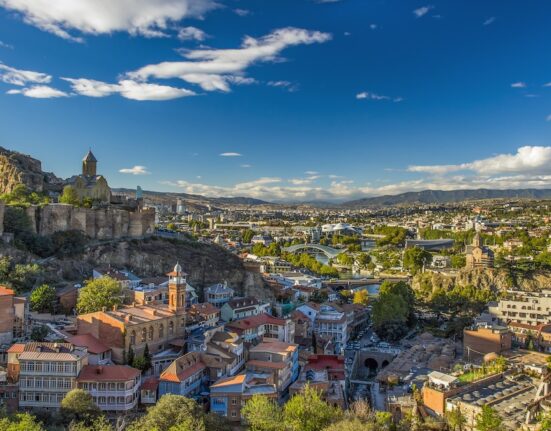
Giorgos Sikeliotis, Angel Warrior, 1976. [National Gallery]
A new and timely exhibition titled “Democracy” that opens at the National Gallery of Art on Thursday explores the relationship of art with political history in southern Europe.
The exhibition will open to the public on Friday (July 12) and run to February 2, 2025.
It is the first large international exhibition that focuses on art in relation to democracy during one of the most defining times for the history of Southern Europe, when three countries in the region – Greece, Portugal, and Spain – transitioned from an authoritarian regime to a democratic state.
The National Gallery focuses on how the current social and political situation prevailing globally may be connected to the conflicts and unrest dominating Southern Europe in 1960 and 1970. In a background of a year including national elections in several countries and challenges to democratic values, the show will explore the historical characteristics of common experience – in emotions and collective trauma – as defined through acts of protest, resistance, and personal and social liberation.
“Democracy” includes 55 artists or groups of artists, 140 works of art from Greece, Spain, and Portugal, and posters, video screenings, and performances. Side events include a film tribute and a conference on democracy and the visual arts.
The exhibition “takes place at an international confluence that does not allow us to be complacent, but mandates a continuous state of awareness to defend democracy,” says National Gallery of Art Director Syrago Tsiara. “It provides an opportunity for reflection inside us and around us to assess what we achieved, how we changed, and to what degree the experience of the past contributes to formulating our collective identity in the present, or informs our planning for the future.”
[AMNA]






